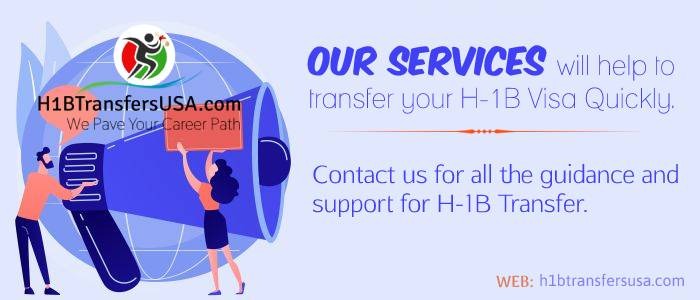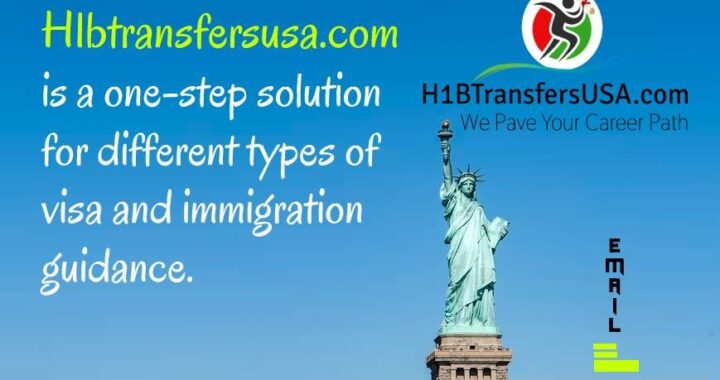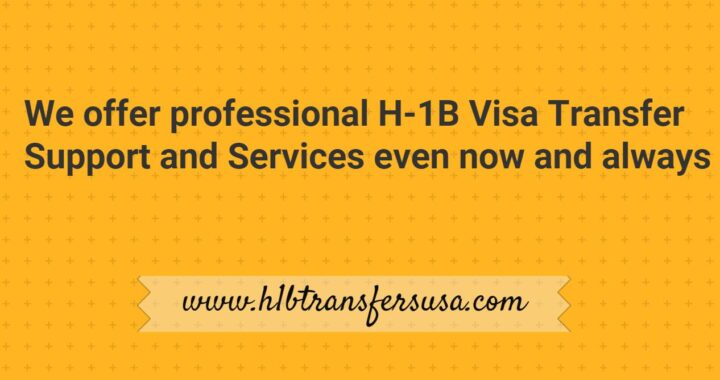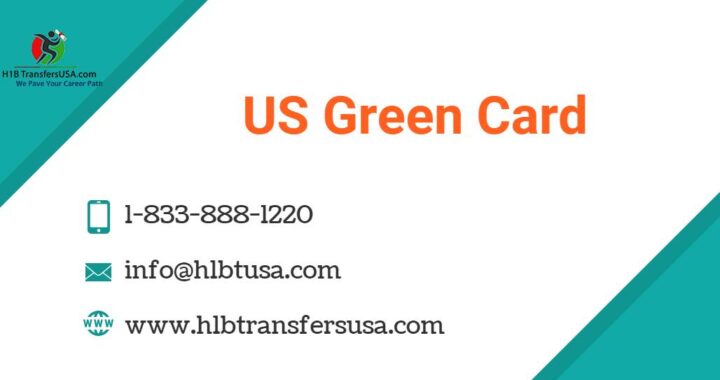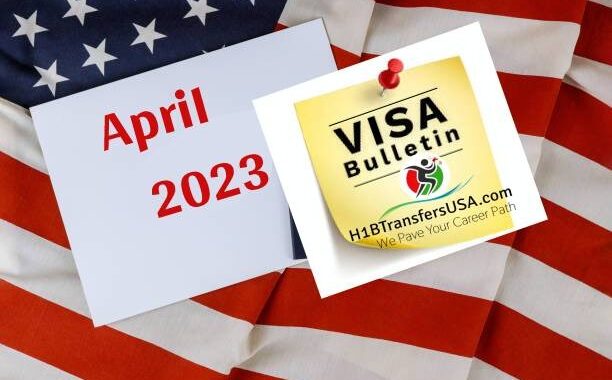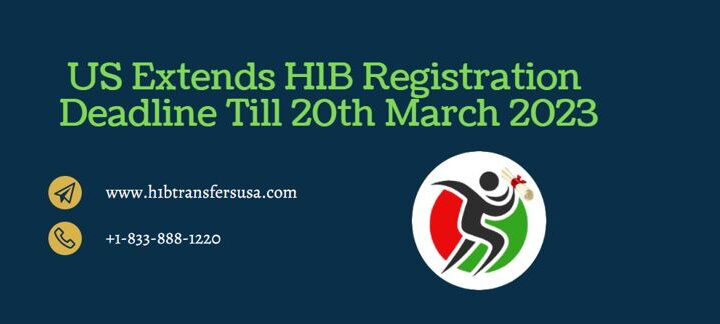Is it legal for an H1B employee to be the beneficiary of multiple lottery registrations?
3 min read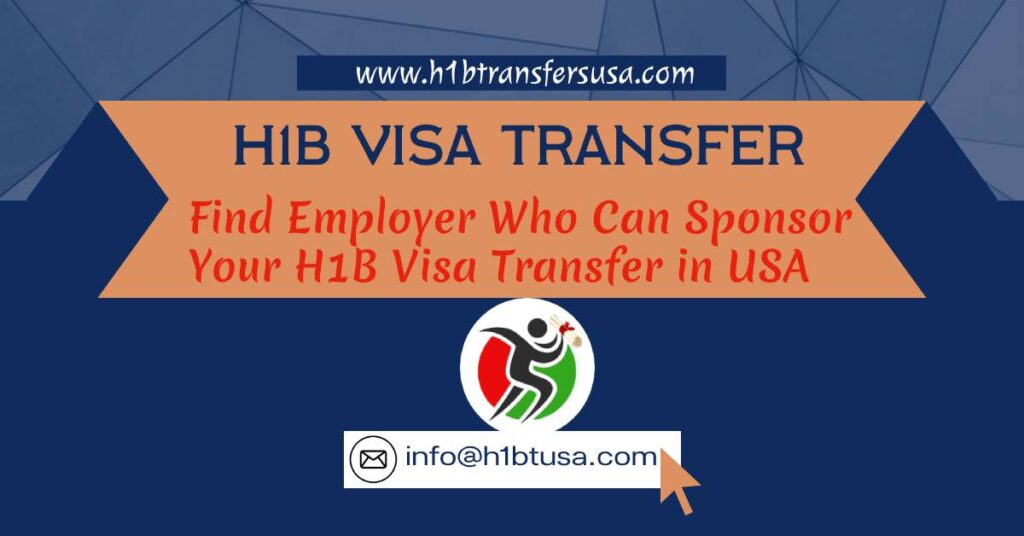
H1B employee: The answer is, yes, if the lottery registration entries are not made by “related” employers, and the job offers are honest (bona fide).
This answer has created a lot of confusion among the employers and the employees Because of a new declaration introduced by the USCIS. Each employer who joins an H1B employee for the lottery registration should now proclaim “under penalty of perjury:”
“That all of the data contained in the submission is finished, valid, and right. For FY 2023, the attestation that is expected before submission will specify. “I further certify that this registration (or these registrations) reflects a legitimate job offer and that I, or the association for whose behalf this registration (or these registrations) is being submitted, have not worked with, or agreed to work with, another registrant, petitioner, agent, or other individual or entity to submit a registration to unreasonably increase chances of selection for the beneficiary in this submission.”
If USCIS finds that this confirmation was false and correct. (For instance, that a company worked with another entity to submit various registrations for a similar beneficiary to unfairly increase chances of selection for that beneficiary). USCIS will observe that registration to not be as properly submitted. Since the registration was not properly submitted, the prospective petitioner would not be eligible. To file a petition based on that registration in accordance with the regulatory language at 8 CFR 214.2(h)(8)(iii)(A)(1).
H1B employee to be the beneficiary of multiple lottery registrations
USCIS might deny or revoke a petition based on a registration that contained a false attestation and was therefore not properly submitted. Moreover, USCIS may also refer the individual or entity who submitted a false attestation. To appropriate federal law enforcement agencies for investigation and further action as appropriate.
The above declarations explain an obligation that was implicit: the obligation to act in good faith. Note that this was already the USCIS policy based upon their regulations and interpretive guidance.
The regulations give Multiple H-1B petitions. An employer may not file, in the same fiscal year, more than one H-1B petition for the same alien… filing more than one H-1B petition by an employer. On behalf of the same alien in the same fiscal year will result in the denial or revocation of all such petitions.
On 23rd March 2018, the USCIS interpreted its regulations in a memorandum that adopted the following principles. Rejecting corporate identity as the basis for non-relatedness:
[United States reaches 65,000 H-1B visa cap for 2022: USCIS]
For purposes behind the regulatory bar against different registrations. “The term “related entities” includes petitioners. Whether or not related through corporate ownership and control. That file cap-subject H-1B petitions for the same beneficiary for substantially the same work.”
Some factors relevant to relatedness might include familial ties. The proximity of locations, leadership structure, employment history, similar work assignments, and substantially similar supporting documentation. The more similarities in the records, the more probable the companies were looking to undermine the purpose of the random lottery process.
By adding the new declarations and forcing a potential penalty of perjury (a federal felony crime), the USCIS has added teeth to its requirements. There is no change in the underlying policy.

